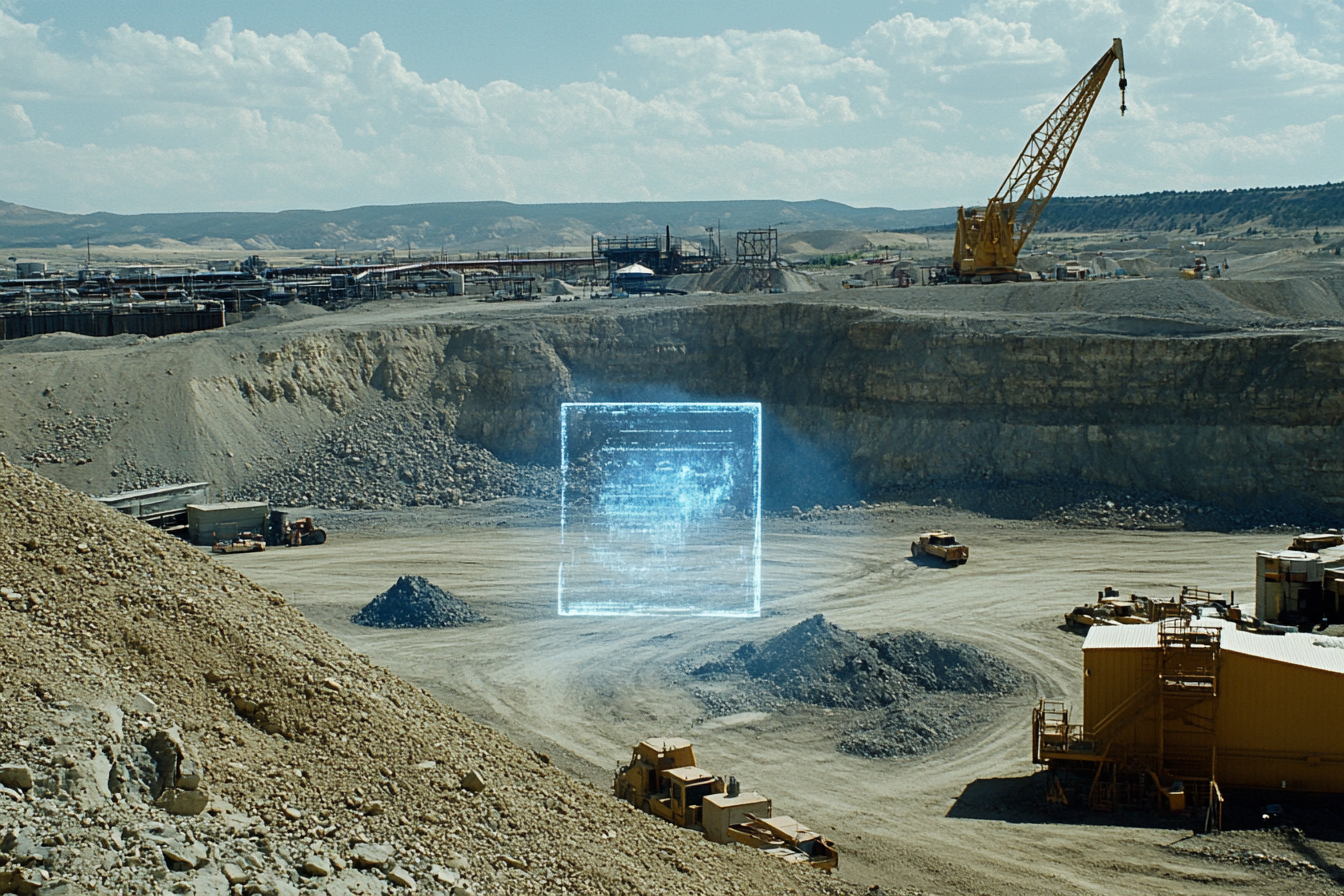Competing Claims to a Royalty Interest
In this case (Patch Energy LLC v. Indio Minerals LLC, No. 11-22-00280-CV, 2024 WL 4845955 [Tex. App.—Eastland Nov. 21, 2024, no pet. h.]), competing mineral purchasers claimed superior title to a royalty interest in Midland County, Texas that had been reserved in a 1930 mineral conveyance.
The Disputed Illinois Will
That dispute centered on the effect of an Illinois will that had been deposited with an Illinois court in 1974 but not admitted to probate until decades later. The Eastland Court of Appeals ultimately held that the foreign will was validly probated in Illinois under Illinois law in 2020, that it was validly admitted to ancillary probate in Texas in 2022, and therefore the will effectively vested title in the devisees as of the testator's death, not as of the date of the ancillary probate in Texas.
Background: Competing Acquisition Efforts
The original owner, Viola Hoots Ash, died in Illinois in 1974, leaving a will that devised her reserved royalty interest to her sister. The will was deposited with an Illinois court in 1974 but not probated in Illinois until 2020. In early 2020, Patch Energy discovered the interest and began researching Ash’s purported intestate heirs and acquiring deeds from them. Meanwhile, Indio Minerals engaged in its own research and discovered the existence of the un-probated will. Indio ultimately pursued acquiring deeds from the heirs of the devisees under the will. Indio then had the will probated in Illinois in 2020, and then admitted to ancillary probate in Texas in 2022.
Competing Theories of Title
Both parties claimed superior title to the disputed interest. Indio claimed that the will vested superior title in the devisees, from which it had acquired deeds. Patch, on the other hand, claimed that it had superior title because it acquired deeds from the intestate heirs prior to the Ash will being probated.
The dispute primarily turned on when title vests under a foreign will that is later admitted to ancillary probate in Texas. Patch Energy argued that a foreign will cannot affect Texas real property until admitted to ancillary probate in Texas, citing Section 503.051 of the Texas Estates Code, which provides that foreign wills "take effect and are valid as a deed of conveyance" when delivered to the clerk for recording. The court rejected this interpretation, instead following established precedent holding that a foreign will's probate in Texas merely evidences and gives effect to rights that vested at the testator's death.[5] In the court’s view, probate requirements simply "substantiate, preserve, and give notice" of the will as evidence of title.
When Does Title Vest Under a Foreign Will?
The court specifically distinguished cases involving the Texas four-year limitation on probating wills, holding that this limitation does not apply to foreign wills that are validly probated in their home jurisdiction.
Texas Probate Limits Do Not Apply to Foreign Wills
The court emphasized that foreign wills can be admitted to ancillary probate in Texas at any time if properly probated elsewhere. Here, Illinois does not place time limits on when a will can be admitted to probate, and therefore it was properly probated in Illinois, and subsequently properly submitted to Texas ancillary probate, making it effective upon death.
Bona Fide Purchaser Argument Rejected
Patch Energy also argued that its status as a bona fide purchaser was irrelevant, contending that under Sections 252.151 and 252.153 of the Texas Estates Code, what mattered was whether Patch had statutory notice, which it argued it could not have given that the will was merely on deposit in Illinois. The court rejected this argument, holding that bona fide purchaser status was indeed relevant under both case law and Section 256.003(c) of the Estates Code. The court then found two independent grounds in the summary judgment evidence precluding Patch Energy's bona fide purchaser status. First, in the court’s view, Patch Energy had judicially admitted knowledge of the will's existence in its summary judgment motion because its motion specifically cited to deposition testimony confirming it had knowledge of the will in February of 2020 prior to the Patch deeds. Second, the court held that Patch Energy’s deeds were quitclaim deeds because they only conveyed whatever “right, title, and interest” the grantors “may own” rather than the property itself. Because quitclaim deeds cannot support bona fide purchaser status regardless of the grantee's actual knowledge, summary judgment was proper in holding that Patch Energy was not a bona fide purchaser.











